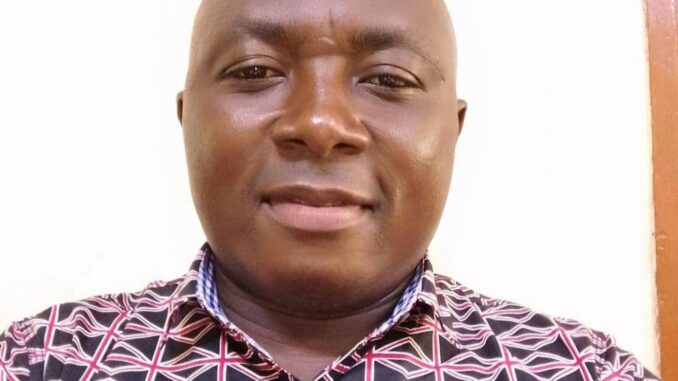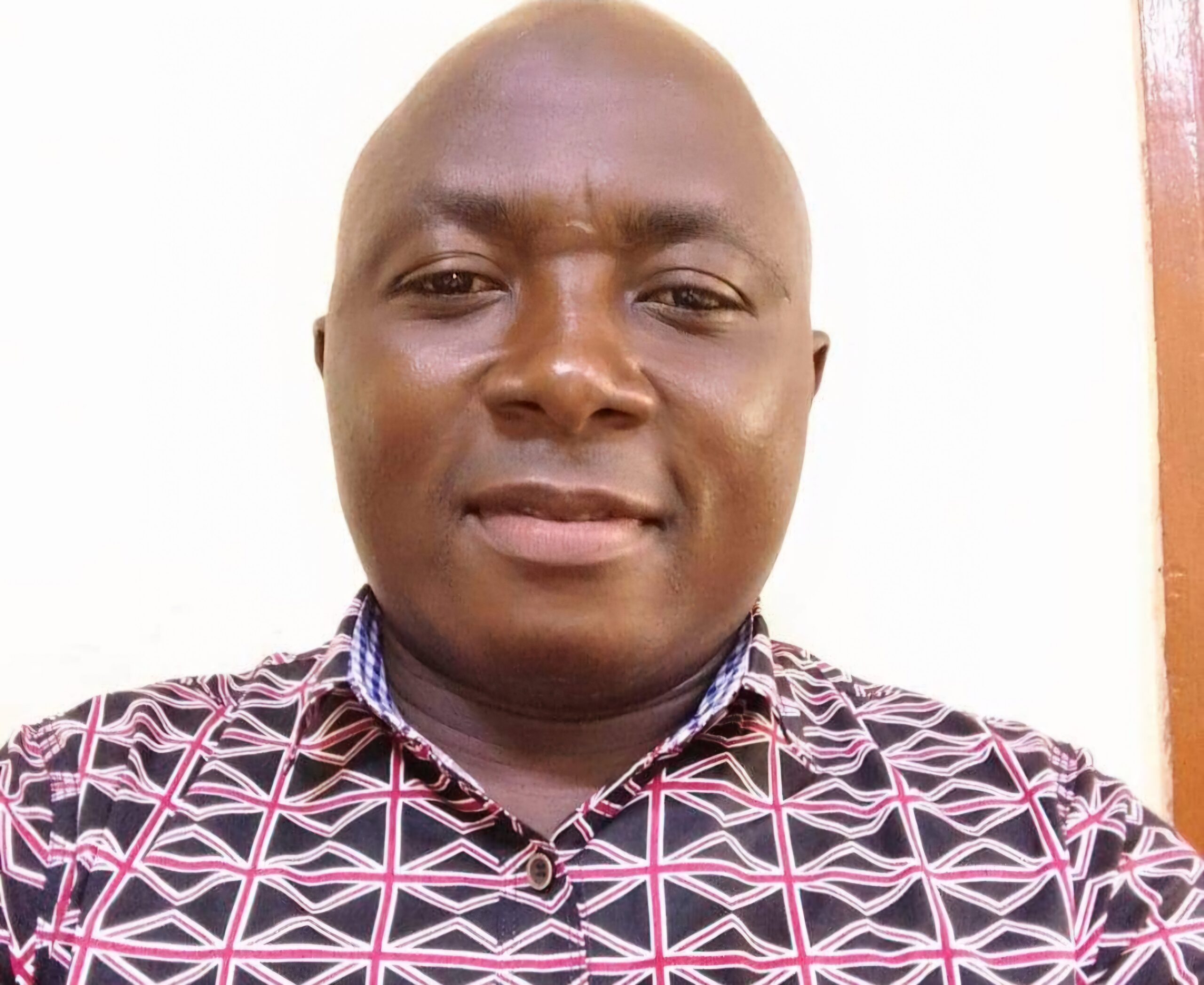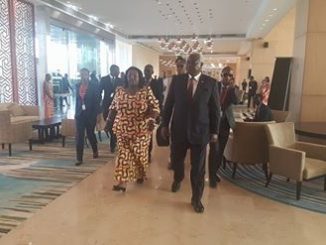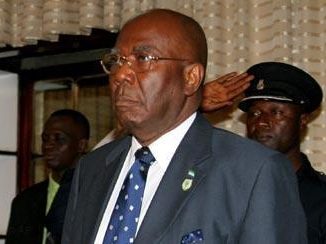
*THE ROLE OF US INTERNATIONAL DEVELOPMENT FINANCE CORPORATION IN EXPLOITATIVE INVESTMENTS IN SIERRA LEONE: A Call for Accountability and Transparency*
*by Mahmud Tim Kargbo*
*Thursday, 4th July, 2024*
The US International Development Finance Corporation (DFC) has come under scrutiny for its role in issuing inflated loans to private investors of their choice in Sierra Leone, perpetuating a cycle of exploitation and burdening the country’s citizens with exorbitant costs. Recent examples, such as the $150 million loan provided to Summa Airport (SL) Limited for the expansion and operation of Freetown International Airport
(https://www.dfc.gov/media/press-releases/dfc-approves-more-3-billion-across-priority-sectors-third-quarter-fy23), and the commitment of $412 million to TCQ Power and Milele Energy for the construction of a combined cycle gas-to-gas thermal power plant, highlight the DFC’s questionable practices in financing projects that prioritise private interests over the well-being of the Sierra Leonean people.
*Note:*
*The official DFC website (https://www.dfc.gov/investment-story/financing-sierra-leones-first-major-utility-scale-power-plant) clarifies that the $412 million financing is indeed for 83.5-MW natural gas power plant, and not 126-MW as was reported by certain media outlets (https://www.enr.com/articles/58828-us-approves-412m-in-financing-for-126-mw-sierra-leone-natural-gas-power-plant). Highlighting a significant 42.5-MW discrepancy that underscores the need for transparency and accuracy in the reporting of energy projects and investments.*
The inflated costs associated with these projects, coupled with the burden of repayment falling on consumers, raise serious concerns about the ethical standards and accountability of the DFC in its investment decisions. The Freetown International Airport project, financed with a $150 million loan from the DFC, has already shifted the financial burden onto consumers, creating additional challenges for the already struggling population. Similarly, the combined cycle gas-to-gas thermal power plant project, awarded at a well-inflated cost, threatens to further burden Sierra Leoneans with increased energy costs, as the electricity generated will be sold to Electricity Distribution and Supply Authority (EDSA), the country’s energy distribution agency.
It is alarming to note that the $412 million allocated for the construction of the gas-to-gas thermal power plant could have instead funded a 300-MW Solar PV Power plant, including energy infrastructure, with a surplus of $32 million. This disparity underscores the need for a reevaluation of the DFC’s investment priorities and a shift towards sustainable, cost-effective solutions that benefit the country and its people, rather than private interests.
Furthermore, the intervention of the United States government in protecting its businesses abroad, as evidenced by the threats of legal action against the government of Sierra Leone when attempts were made to cancel exploitative contracts, raises serious concerns about the prioritisation of corporate interests over the sovereignty and well-being of partner countries (https://afaa.ngo/page-18361). The pressure exerted on the Sierra Leonean government to protect US businesses at the expense of the country’s economic interests highlights the need for greater transparency and accountability in international investments and partnerships. Also see Sierra Leone: Testimony of David Reimer Nominee to be Ambassador to the Republic of Sierra Leone – read down to the questions and answers area to see where a particular Senator gave him instructions to mount pressure on the Bio led government (https://allafrica.com/stories/202104130992.html).
It is crucial for the United States government and the DFC to uphold ethical standards, respect the sovereignty of partner countries, and prioritise investments that foster sustainable development, economic growth, and well-being for all stakeholders. Potential governments must have the right to terminate exploitative contracts that do not serve the best interests of the country and its people, without fear of external interference or reprisal.
DFC’s involvement in issuing inflated loans for private investments in Sierra Leone raises significant ethical and moral concerns about the impact of these projects on the country’s economy, environment, and citizens. It is imperative for the United States government to uphold the principles of transparency, accountability, and ethical investing in its international partnerships, and to prioritise the well-being and sovereignty of partner countries above corporate interests. Let us demand greater accountability, transparency, and fairness in international investments to ensure that they benefit the people and the nation, rather than perpetuating exploitation and debt.





Leave a Reply